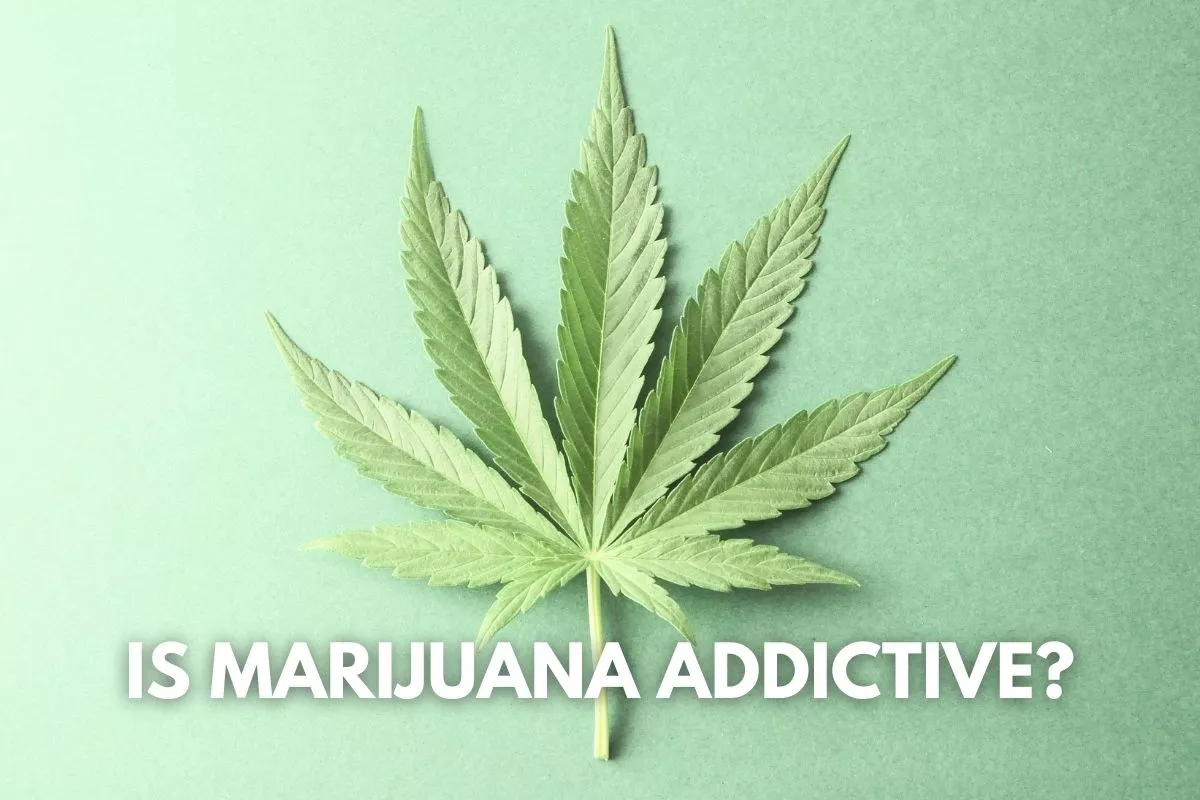The ABCs of THC: From A to Delta 9
Welcome to the wild world of weed, where the alphabet is as twisted as the plant’s leaves and the chemistry is as complex as your cousin's explanation of why he's still living in his van. Today, we’re diving into the stoner’s glossary to dissect the differences between THC, THCA, THCB, Delta 8, and Delta 9.
What's in a Name?
Let’s kick things off with THC, or as the science folks call it, Tetrahydrocannabinol. It's the main psychoactive ingredient in cannabis that gives you that “I’m on top of the world and this couch is my throne” feeling.
But not all THC is created equal. Take THCA, or Tetrahydrocannabinolic acid, for instance. It’s THC's acidic precursor found in raw cannabis. Think of THCA as the Clark Kent to THC’s Superman. It doesn’t have psychoactive powers until it's decarboxylated – that's a fancy term for "heated up." So, if you’re munching on raw leaves hoping to fly, sorry to burst your bubble – you’ll probably just end up with a salad high.
Now, let’s get to THCB. It’s like the mysterious cousin who shows up at family reunions and everyone whispers, “Who’s that?” The truth? Not much is known about THCB yet. It's a newly discovered cannabinoid that might have similar effects to THC, but the researchers are still passing that knowledge joint around.
Delta Force: The 8s and 9s
Enter Delta 8 and Delta 9, the numerical ninjas of the THC world. Delta 9 THC is the most famous one – it's the classic compound that's been sparking up debates and dorm rooms for decades.
Delta 8, on the other hand, is Delta 9's chiller sibling. It's less potent and reportedly gives a smoother high, like riding a bike with training wheels compared to Delta 9’s motorcycle vibes.
The Law and Your High
When it comes to legality, THC is like that one friend who can’t decide what they want to eat. In some places, it’s legal, and in others, it’s a no-go. As of my last update, Delta 9 THC is legal in some states within the U.S. if it's derived from hemp and contains less than 0.3% THC. Delta 8 has been riding a legal loophole wave because it's typically derived from hemp, but don't get too comfy – states are starting to close that gap faster than you can say "munchies."
The Dangers and the Pee Tests
Every rose has its thorn and every high has its low. The dangers of THC range from short-term effects like altered senses and mood changes to long-term issues if abused. It's all fun and games until you end up thinking your pet hamster is a deep philosophical conversationalist.
And yes, these cannabinoids can show up on urine tests, so if you're aiming for a career as a professional pilot or a brain surgeon, you might want to skip the sesh. THC can linger in your system like that one guest who doesn’t get the hint that the party’s over.
Final Puff or Not
Remember, folks, with great power comes great responsibility. Whether you're a THC connoisseur or just canna-curious, educate yourself and consume responsibly. And if you're going to partake, maybe don't make any big decisions until you’re back on Planet Earth.
Now, let's have a real talk about THC when you're trying to keep your life on the straight and narrow, particularly if you're in the throes of sobriety or recovering from addiction.
Using THC might seem like a harmless way to let off steam when you're battling addiction, but it's a bit like playing catch with a beehive — it can backfire with painful consequences. Here are a few sobering reminders:
Sabotaging Sobriety: Introducing any psychoactive substance during recovery can be a minefield. You might think you're just dipping your toes in the water, but before you know it, you could be diving headfirst into old habits.
Triggering Temptations: For those who’ve wrestled with addiction, the psychoactive effects of THC might reignite the brain's reward pathways associated with substance use. It's like giving a recovering shopaholic a credit card — the temptation to spend might just be too strong.
Undermining Recovery Efforts: Recovery often involves building a new, substance-free life. Using THC can cloud your judgment, making it harder to stick to your recovery plan. It's as if you're trying to build a house of cards in a wind tunnel.
Legal and Employment Risks: Let’s not forget that despite legalization in some areas, THC isn't universally accepted and can lead to legal issues or job loss. It's the equivalent of juggling flaming torches — impressive but risky.
Masking Underlying Issues: Many turn to substances as a form of self-medication for underlying issues. Using THC could mask these problems rather than addressing them, similar to slapping a band-aid on a broken leg.
So, if you're on the recovery express, or even just considering buying a ticket, think twice before inviting THC to the party. It might offer a temporary escape, but the destination might not be where you intended to go.
Stay sharp, stay clear, and keep your eyes on the prize — a healthy and fulfilling life that you're fully present for.
Until next time, this is Belle, reminding you that the path of sobriety is a journey, not a destination, and every step counts.













No comments:
Post a Comment